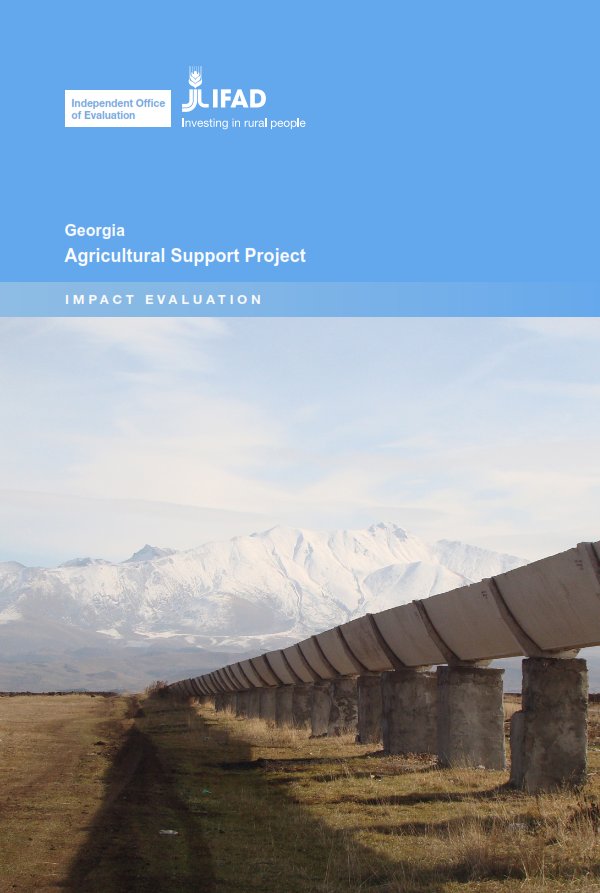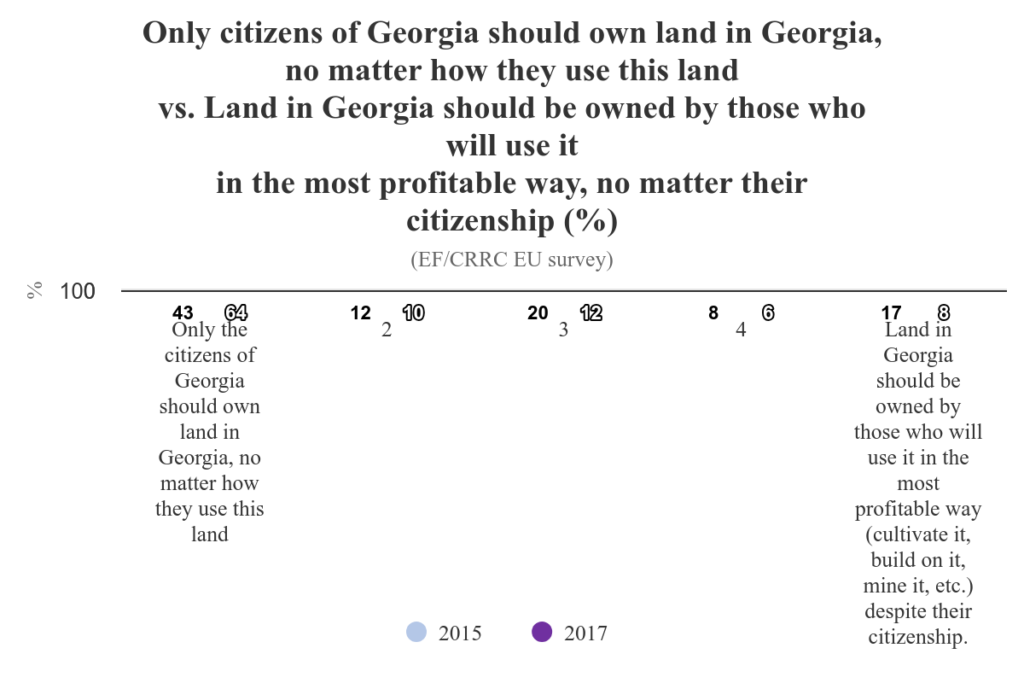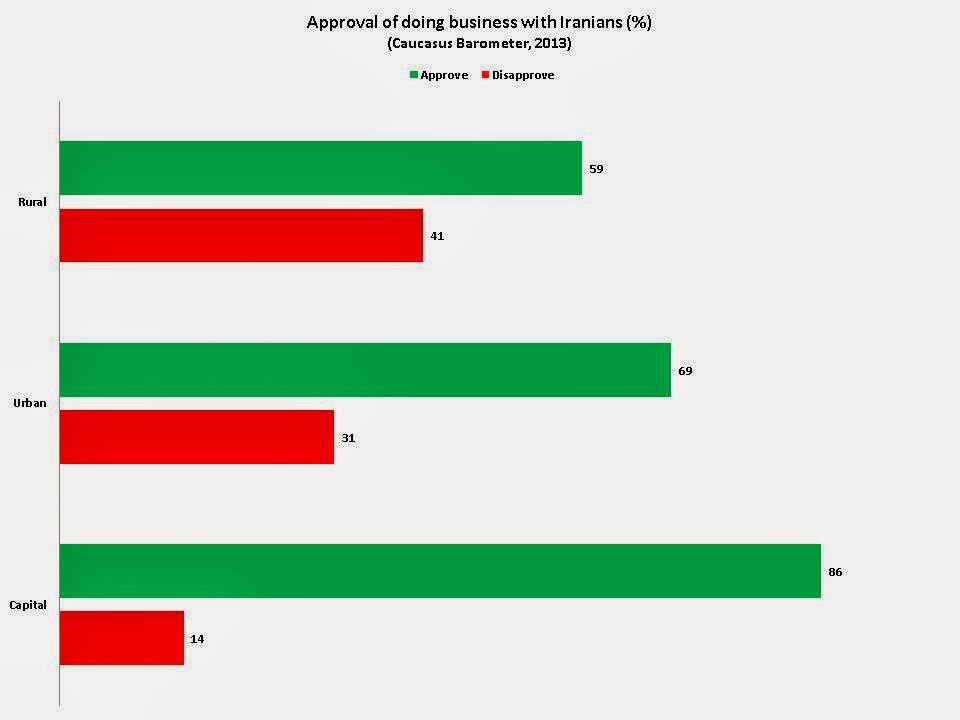
CRRC-Georgia carried out a quasi-experimental, post-hoc, mixed methods impact evaluation of the Agricultural Support Program (ASP) between December 2016 and April 2017 in collaboration with the Independent Office of Evaluation (IOE) of the International Fund for Agricultural Development (IFAD). The…


